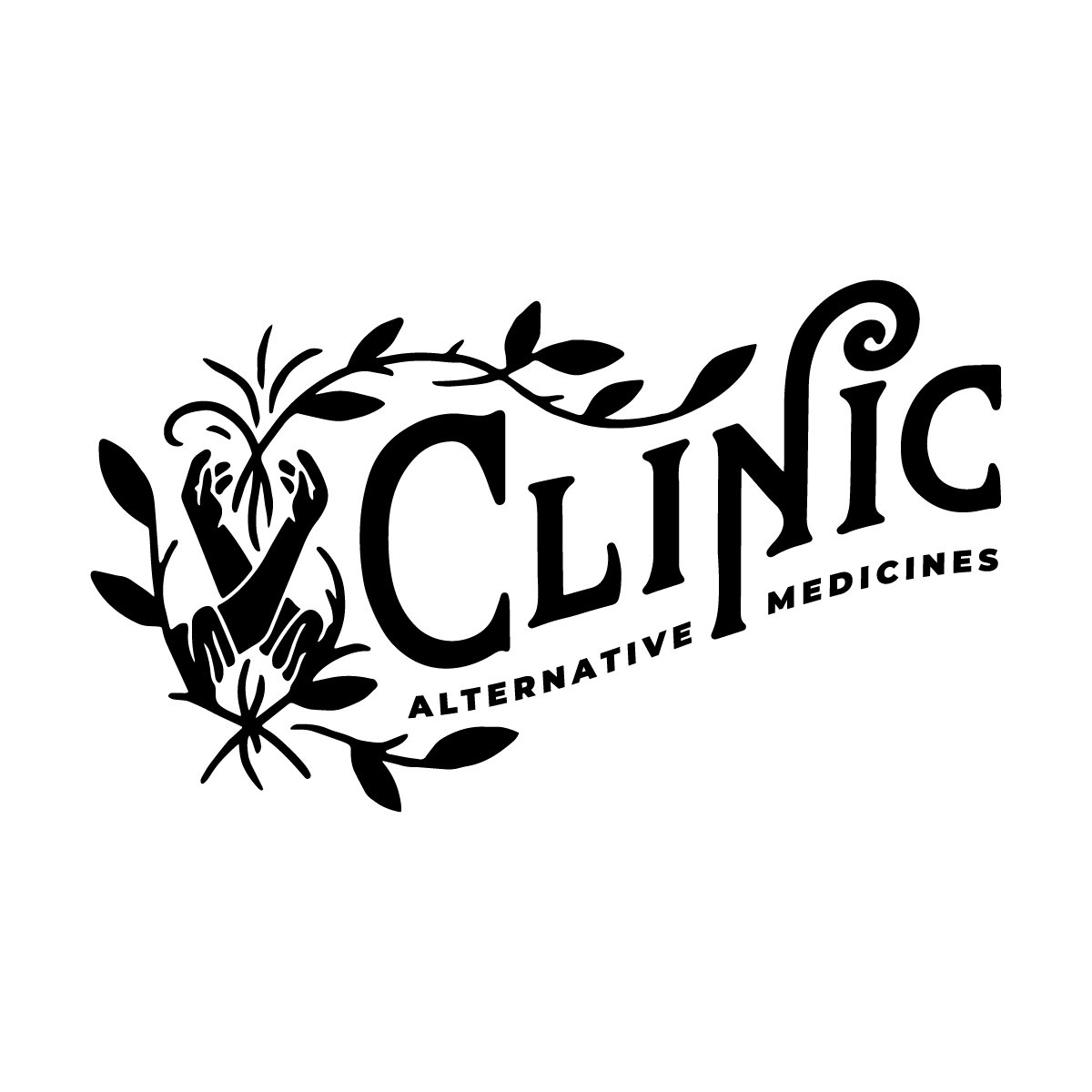Depression and Chinese medicine
The blues have been widespread lately, so let’s talk depression and Chinese Medicine. Depression is the leading cause of disability worldwide and increases our chances for other conditions including heart disease, cancer, diabetes, and substance abuse, while detracting from our quality of life. In the west, depression is commonly treated with antidepressants, psychotherapy, or both. The most common treatment for depression in the US are pharmaceuticals called selective serotonin reuptake inhibitors (SSRIs). Studies of SSRI’s have shown mixed results and high dropout rates, and side effects such as nausea, weight gain, gastrointestinal disturbances, sleep disturbances and sexual dysfunction are common.
Chinese Medicine takes a very different approach to depression, in which each person is holistically considered. Pathology is believed to originate with imbalances in qi, yin and yang, blood, and body fluids and accumulation of phlegm, cold, heat/fire, damp and wind. Organs have functions beyond that of the western model, including affecting particular emotions. Depression is seen as a symptom of a larger imbalance that is directly addressed, rather than seeking solely to relieve the symptom of depression. Different people’s depressive symptoms are not believed to all be caused by the same imbalance, and additional symptoms will help your practitioner differentiate the underlying issue. One example of a root cause of depression is depressed Liver qi turning into fire. In this case, emotional injury damages the Liver’s ability to function fully and digestive symptoms such abdominal pain, acid regurgitation and constipation may also occur. Another example is Spleen qi sinking, which can cause a feeling of being too heavy and tired to be happy and include bloating, anxiety, poor appetite, and frequent urination.
Methods of treatment for depression by a Chinese Medicine practitioner can include acupuncture, herbs, and bodywork such as gua sha (scraping the skin to move stagnation), moxa (heating cones of mugwort on the body to imbue with heat), cupping (the use of suction cups to move stagnation), and tui-na (a type of massage). Electroacupuncture, in which a small electric current stimulates the acupuncture needles, can also be used.
Chinese Medicine has been utilized as a treatment for depression for thousands of years in East Asia. But for those of you who want to get all science nerdy with it - acupuncture for depression has also been studied using the Western scientific research model, and evidence has linked the effectiveness of acupuncture on depression to an effect on the neurotransmitter glutamate and the serotonergic (5-HT) and adrenalinergic (NA) neuronal systems. A 2019 review of scientific literature reported that numerous clinical reports from various sources show the efficacy of acupuncture on depression. Other studies have shown that acupuncture can have a relieving effect on symptoms co-occurring with depression, such as insomnia. A 2017 review of clinical trials on acupuncture’s effect on depression-related insomnia found that acupuncture treatment made significant improvements in sleep, and that acupuncture was more effective on insomnia and depression than medication.
Chinese Medicine is a form of healthcare that does not have the side effects of medications. While acupuncturists are not licensed therapists, there is an opportunity to provide support and relief for psychological distress within the context of Chinese Medicine. And seeing an acupuncturist is also a safe and supportive therapy to experience while on pharmaceuticals for depression and while being seen by a therapist. There is no one-size-fits-all treatment for a symptom in Chinese Medicine. Each patient has a unique treatment experience based on their individual picture and the methods employed by their acupuncturist. In Chinese Medicine we treat the person, not the disease.
If you’re feeling low in these trying times and want to try something new to support your nervous system and embody your most balanced, capable version of yourself, book an acupuncture session with Zia Sadeghian of Salt House Acupuncture. If you need sliding scale options, you can always message them at ZiaAcupuncture@gmail.com.
“If you’re feeling low in these trying times and want to try something new to support your nervous system and embody your most balanced, capable version of yourself,book an acupuncture session with Zia Sadeghian of Salt House Acupuncture.


